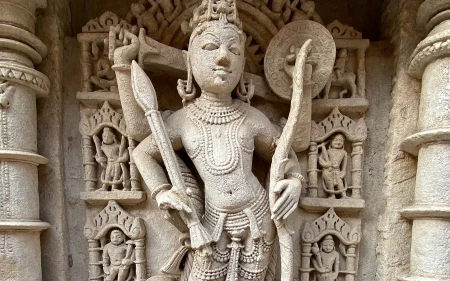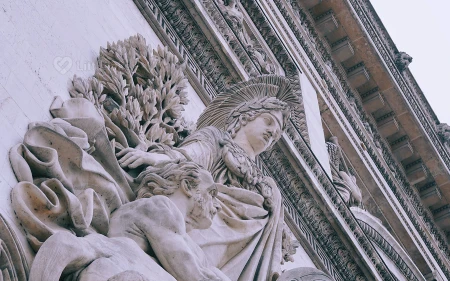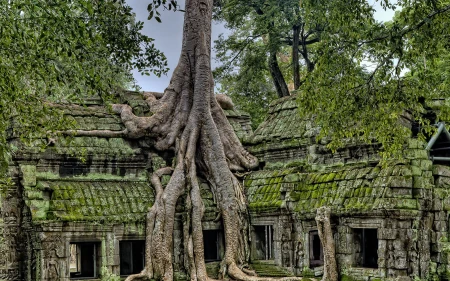
Cultural Capital: Value Beyond Wealth
While financial wealth is often the primary focus in discussions of success and value, the concept of cultural capital offers a different perspective on what truly enriches our lives. Cultural capital encompasses the non-financial assets we possess, such as knowledge, skills, social connections, and experiences, which can greatly influence our social and personal development. In this article, we'll explore the concept of cultural capital, its various forms, and how it can positively impact our lives.
Understanding Cultural Capital
Coined by sociologist Pierre Bourdieu, cultural capital is a form of symbolic wealth that can provide social advantages and improve one's quality of life. It is closely linked to one's upbringing, education, and social environment. Cultural capital can manifest in three different forms:
- Embodied: The knowledge, skills, and habits we develop through our upbringing and education, such as language proficiency, artistic abilities, or social etiquette.
- Objectified: Tangible objects we possess that have cultural significance, like books, artwork, or musical instruments, which can be used to demonstrate our cultural knowledge and tastes.
- Institutionalized: The recognition and credentials we acquire through formal education or professional experiences, such as degrees or job titles, which can impact our social standing and opportunities.
The Benefits of Cultural Capital
Having a rich cultural capital can lead to numerous benefits, both personally and socially. Some of these benefits include:
- Improved Social Mobility: A strong cultural capital can open doors to new opportunities, allowing individuals to navigate social and professional circles more effectively.
- Enhanced Communication Skills: Exposure to diverse cultural experiences can improve one's ability to communicate with people from different backgrounds, fostering stronger relationships and collaborations.
- Personal Growth: Developing a deep understanding of different cultures and perspectives can lead to greater empathy, self-awareness, and personal growth.
- Increased Social Cohesion: Cultural capital can promote social cohesion by encouraging people to appreciate and respect the diversity of their communities, leading to more harmonious and inclusive societies.
Cultivating Cultural Capital
Building one's cultural capital is a lifelong process that involves continuous learning and exposure to new experiences. Here are a few ways to enrich your cultural capital:
- Travel: Exploring new countries and cultures can broaden your perspective and deepen your understanding of the world.
- Read: Reading books, articles, and essays from diverse authors and subjects can expand your knowledge and introduce you to new ideas.
- Engage in the Arts: Attend art exhibitions, concerts, and theatrical performances to immerse yourself in the creative expressions of different cultures.
- Network: Build connections with people from various backgrounds and industries to expose yourself to new ideas and experiences.
Conclusion
Cultural capital represents a wealth of knowledge, skills, and experiences that can enhance our lives in ways that extend beyond financial wealth. By cultivating our cultural capital, we can enrich our lives, improve our social standing, and foster more inclusive and understanding societies. Embrace the journey of lifelong learning and celebrate the value that cultural capital brings to


















